Understanding our Ubuntu: Mind your mentalising
This appeared as the introduction to the Deep Learning Indaba’s newsletter Satu Yetu Our Voice, in November 2024 and appears as a blog post on their website.
Ubuntu is ubiquitous for me as an African, and an avid Linux user. Broadly a philosophy of humanity and connectedness [1], I often see the term used as a self-evident truth or mantra of appreciation for a community. Yet, for this cherished and connected Indaba community, I want to reach beyond appreciation and attempt a touch of understanding our Ubuntu.
read moreCAKE Principles: A Conceptual Framework with Actionable Tools for Fostering Community Equity in Academic Events
We provide four guiding principles that are concise, actionable, and will help make organising an inclusive academic event a piece of CAKE 🎂:
- Connectivity: Is everyone seen?
- Adaptability: Is everyone themselves?
- Kinship: Does everyone feel like they belong?
- Empowerment: Can everyone (and the community) grow?
From Learner to Leader: My experience of Computational Neuroscience Imbizo

2024 is my last edition of the Computational Neuroscience Imbizo, a gathering to share knowledge, create connections, and an adventure that has changed my life.
read moreTen Expectations for Presenting to a Diverse Audience
I’ve given dozens of presentations to thousands of people. Sometimes it’s only to a handful of experts, other times to hundreds of eager learners. Many times the audience has a mixed background of skills, languages, and cultures. Here are some broad expectations I’ve laid out for myself to improve my presentations and the audience experience.
- Set expectations early and often
- Set up then show and tell
- Breadcrumbs guide the way
- Less is more
- Context is key(note)
- Highlight powerful points
- Hierarchy of information
- Interact
- Keep learning and adapting
- Accessibility
Social dynamics
Our paper, published in “Scientific Reports,” addresses the phenomenon of echo chambers in social networks, where users often engage with like-minded peers, leading to polarization. We propose a method, the Random Dynamical Nudge (RDN), to bridge polarized communities and achieve a neutral consensus. The RDN exposes users to a random selection of opinions, avoiding the need for intensive surveillance of individual opinions. Our computational models show that RDN can effectively depolarize existing echo chambers and prevent their formation. This approach could be a practical tool for social media networks to manage online community segregation on complex social issues.
read moreMy PhD thesis: Investigating chloride dynamics in physiological processing and epilepsy using computational methods
Christopher B. Currin
University of Cape Town
In fulfilment of the requirements for the degree
Doctor of Philosophy in Neuroscience
Supervised by Dr Joseph Raimondo
read moreHow I Became a Professional Problem Solver
I have always been fascinated by how we think and learn. I find beauty in the irony that we know more about what is “out there” than what is in our heads. Becoming a professional problem-solver, i.e., a scientist and software engineer, was a natural progression from this wonder.
read moreI released all the code for my publication: Why exposing my code is better than hiding it
Results are processed, reviews are in, the paper is a go. Why on earth would I spend an extra 8+ hours to clean, comment, and commit my code to GitHub for something that’s technically “done”?
Because science deserves better than shoddy code, or worse, no transparency at all…
read moreVirtualBox raw disk with Ubuntu host and Windows guest on the same drive
Dual booting can be both useful and inconvenient.
read moreA Summer School in Africa Breaks Barriers in Neuroscience
How we facilitate the formation of a cohesive community that transcends race, gender and geographic boundaries in just three weeks.
read more